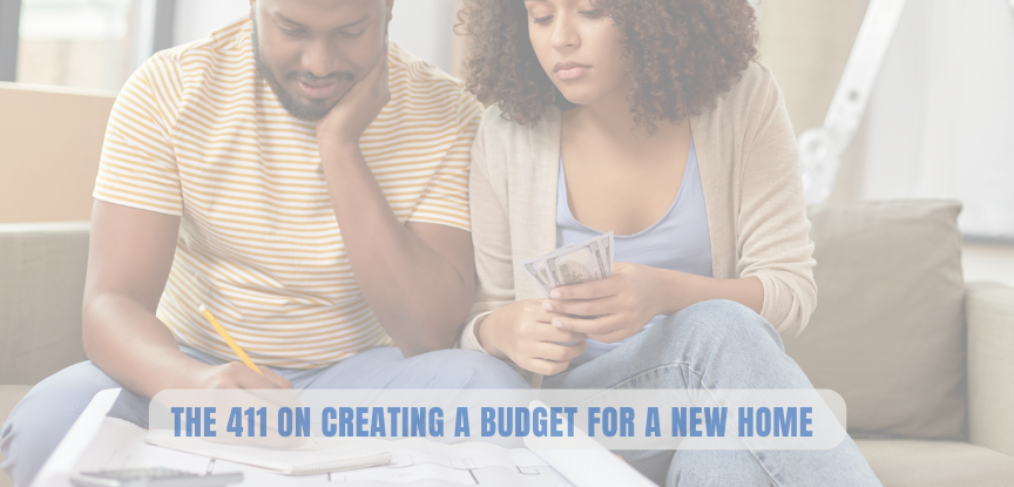Buying your first Alaskan home is one of the biggest financial decisions that you can make! Traditionally people think of buying a home as a newly married couple sharing the financial and emotion burden of their new forever home. These days financial independence or life circumstances are leading more people to buy homes as individuals. This can feel like a daunting task but there are ways to be successful.
Do your research to find the right mortgage
Take the time to shop around for the right mortgage. You don’t need to settle for the first pre-approval that you receive. Solo buyers may receive different maximum loan amounts, rates, and terms from different lenders. Exploring your options can help you find the best option for your circumstance and increase your changes of preparing for a purchase with a strong plan.
You do you
As a solo buyer you don’t have to think about the preferences of others. You can choose how much house you want and how much you’re willing to spend on it. This control will allow you more flexibility when making your choice.
Be flexible with your location
Location is important, but as a solo buyer you may be limited to certain cities and markets. Your income bracket and credit history alone will determine the location you will be able to acquire. Just be ready to be flexible with where you’re willing to live in a competitive market.
Invest in your future with an income producing property
As a solo buyer you could use your homeownership as a financial payoff rather than for a lifestyle change. You could purchase a multi-family home that has other rentable areas. Your mortgage could easily be paid or a good portion of it paid by renters or roommates. An income producing home that you can either live in or rent out can help you continue down the path of financial independence.
Remember your budget
It’s important to plan and think beyond the immediate purchase price. Homeownership comes at a cost. You will need to be prepared to pay all the bills, expenses, insurance, maintenance, warranties, housing fees and of course the mortgage. Make sure you have some money set aside to prepare for these expenses.
Keep tabs on your needs versus your wants
Society places a lot of ‘shoulds’ on us. As a solo buyer it’s important to keep things in perspective and not be distracted by bells and whistles. Make sure that the price tags are worth it in the long run. If you’re offered incentives and gifts by developers, you’ll often end up paying for them in the purchase price anyway. Analyze the costs of perks, upgrades, and upsells and determine if it’s worth it to you in the end.
It’s alright to ask for help
Independence doesn’t mean that you must go it alone. Successful people often have help. Homebuying is an emotionally taxing process and having friends or family nearby can really help you and provide resources and experience. Even better having a reliable agent can help you through the process and provide an opinion when you need one.
If you’re looking to purchase your first home here in the Anchorage, Eagle River, Wasilla, and the Mat-Su Valley we are here and ready to help you through your homebuying experience.


